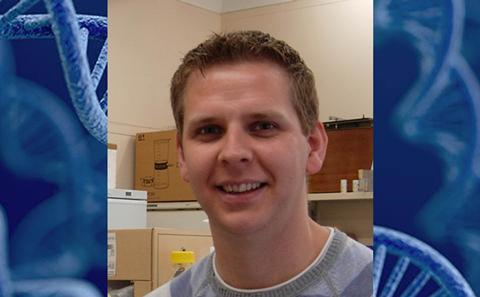From Gamete to Grandparent: The Paternal Programming of Adult Health Event

- Time:
- 13:00 - 14:00
- Date:
- 4 May 2016
- Venue:
- Building 85, Room 2207
For more information regarding this event, please telephone Karen Hood-Cree on 02380 598148 or email klhc1r11@soton.ac.uk .
Event details
Adult-onset metabolic diseases such as obesity, type 2 diabetes and cardiovascular disease, are associated typically with adult lifestyle factors including diet, exercise and smoking. However, studies using human populations and a diverse range of animal species have shown that adult disease risk is closely associated with perturbed environmental conditions experiences during the earliest stages of life. While the association between poor maternal gestational diet and adverse offspring adult health has been studied in detail, our understanding of the impact of paternal diet on adult offspring health remains largely neglected.
Speaker information
Dr Adam Watkins,Aston University, School of Life Sciences,